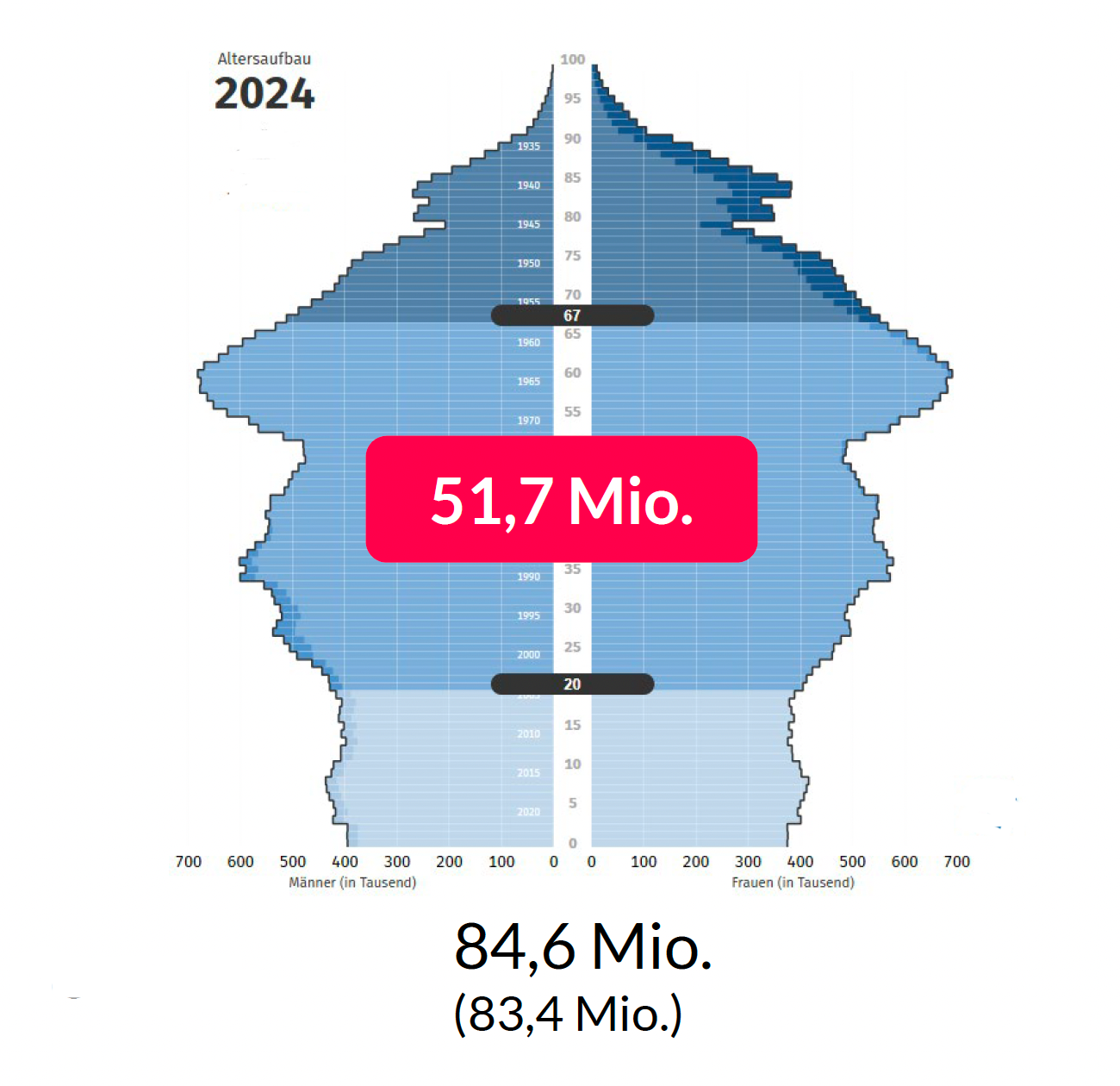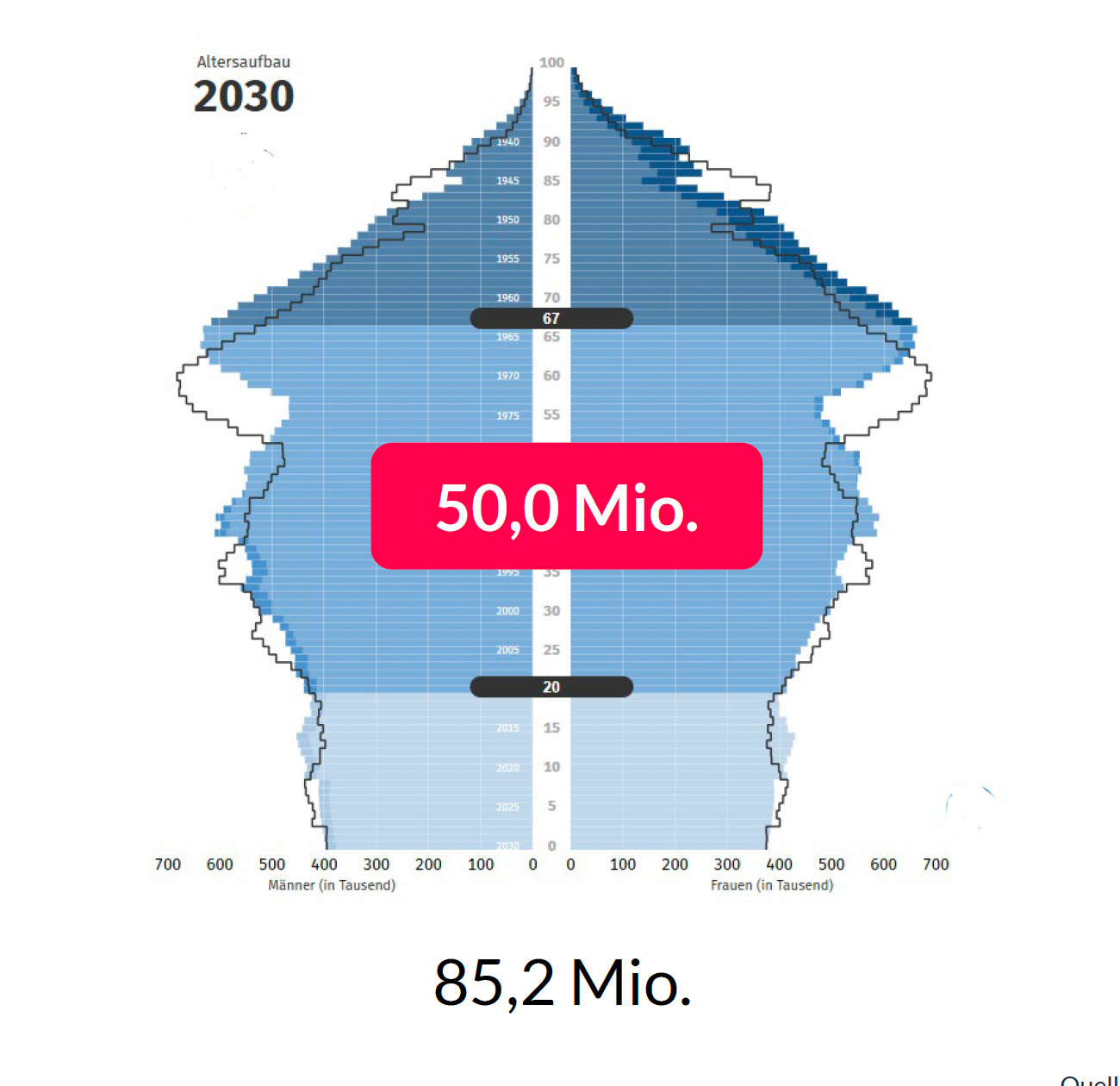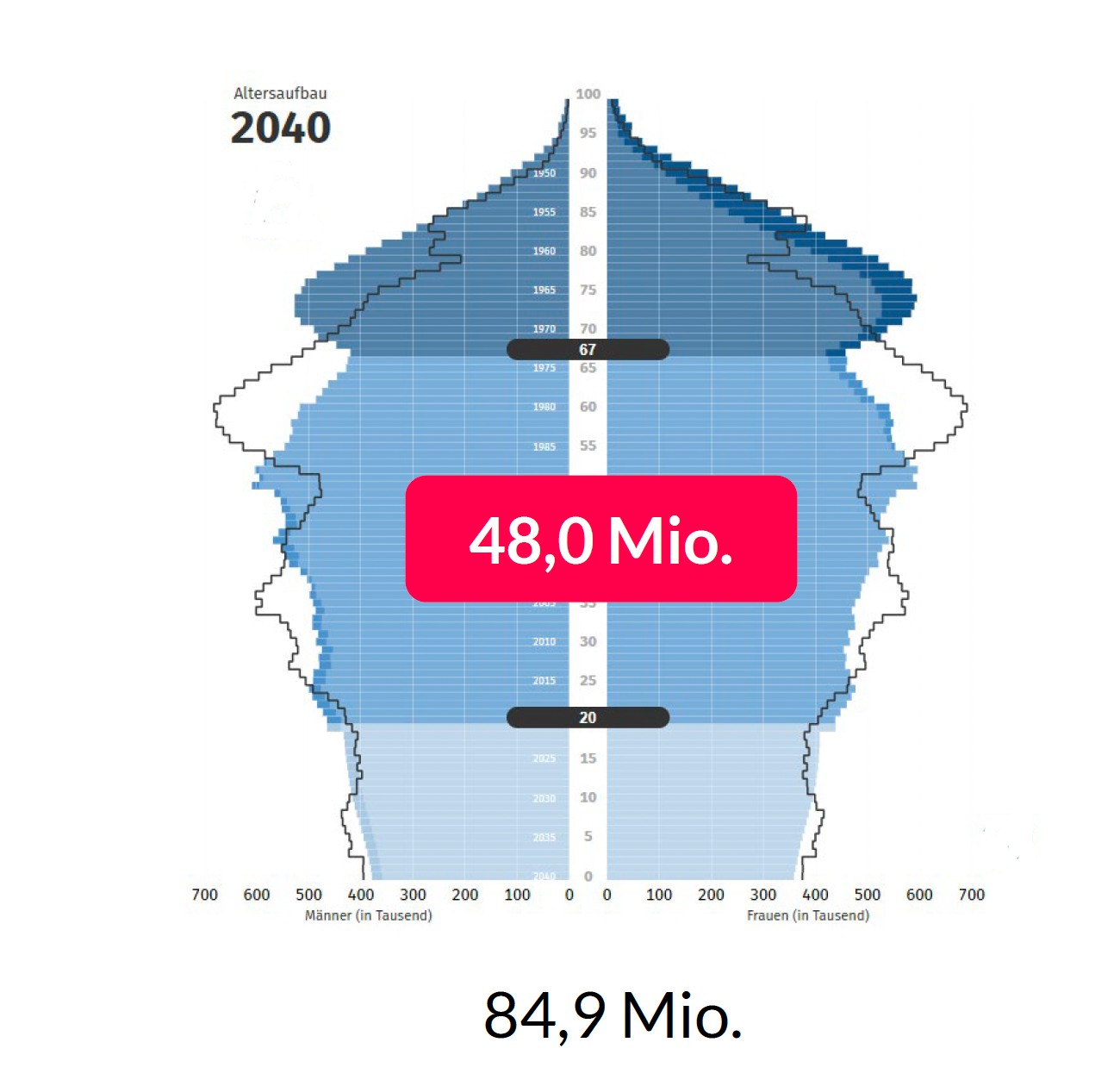The shortage of skilled workers in Germany is a much-discussed topic that is repeatedly confirmed by studies and surveys. It is clear that companies are having difficulty filling vacancies with qualified specialists, with the shortage being particularly pronounced in certain sectors and occupational groups.
Extent of the skills shortage:
- Studies, such as those conducted by the ManpowerGroup, show that the shortage of skilled workers in Germany has reached record levels, with 82% of companies experiencing difficulties in filling vacancies.
- The German Economic Institute (IW) has calculated that more than 630,000 jobs could not be filled across Germany in 2022 due to a lack of qualified applicants.
- The skills gap has more than doubled in the last ten years and, according to ManpowerGroup there are 532,000 vacancies for which no suitably qualified unemployed people are registered.
- The shortage of skilled workers in Germany is particularly pronounced in an international comparison, with Germany in second place with Greece and Israel and above the global average.
Affected industries and occupational groups:
- Sectors such as healthcare, IT, skilled trades and education are particularly affected.
- In these areas, the demand for specialized professionals is significantly higher than the supply.
- The shortage of salespeople, child educators, social workers and nursing staff is particularly pronounced.
- The shortage of skilled workers is also a major problem in the skilled trades, particularly in construction.



Causes of the skills shortage:
- Demographic change:
The decline in the population and the ageing of society are leading to a reduction in the workforce and therefore fewer skilled workers.
- Unfilled training places:
Another factor is the low number of training places in relation to the number of vacancies. - Brain drain:
Some skilled workers migrate abroad where they expect better working conditions or higher salaries. - Unattractive working conditions:
Companies need to improve their working conditions in order to attract and retain skilled workers. - Skills shortages:
Another reason for the skills shortage is that not all unemployed people have the necessary qualifications for the vacancies.
Measures to combat the shortage of skilled workers:
- Improving working conditions:
Companies must create attractive working conditions in order to attract and retain skilled workers. - Expansion of further training:
The qualification of the unemployed and the adaptation of further training courses to the needs of the economy are important. - Promotion of training:
The number of training places must be increased and the attractiveness of training must be enhanced. - Immigration of skilled workers:
Recruiting skilled workers from abroad can help to remedy the shortage of skilled workers. - Digitalization:
Digitalization can help processes run more efficiently and thus reduce the need for skilled workers. - Reconciling work and family life:
Creating better opportunities to reconcile work and family life can help more women and older employees to remain in or return to the workforce.


